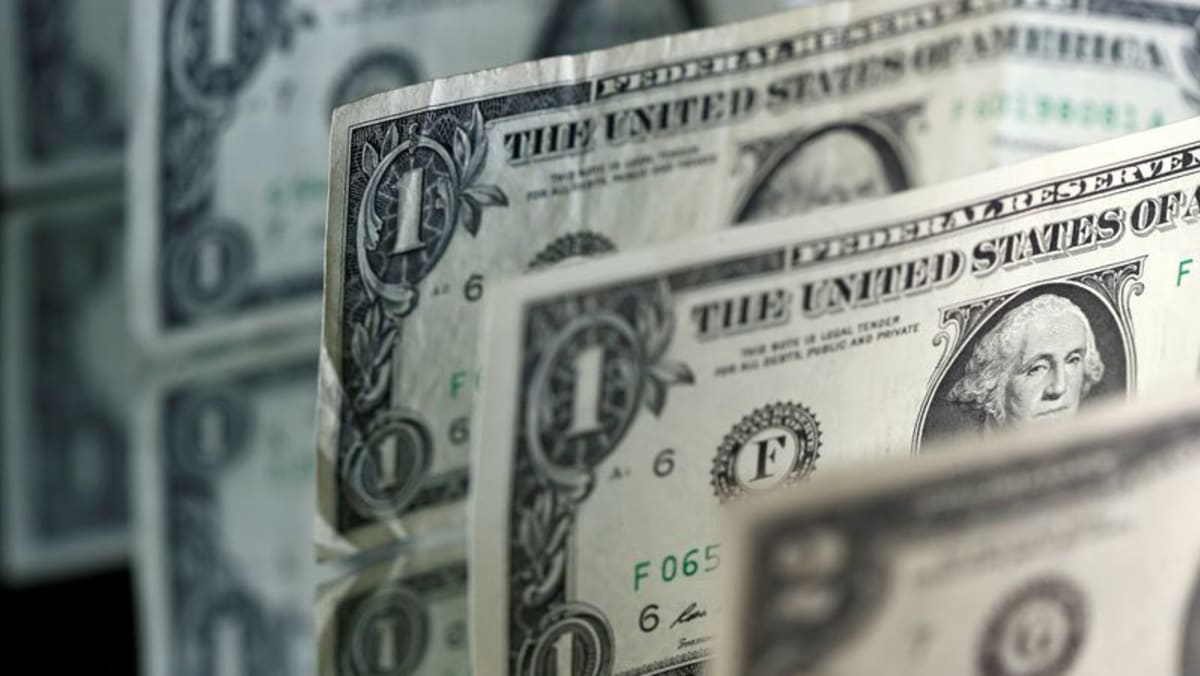SINGAPORE: United States President Donald Trump’s recent announcement that he intends to impose 100 per cent tariffs on movies produced outside America has sparked uncertainty in the global film industry.
But even as the White House remains unclear on how it will be implemented, Singaporean filmmakers and producers are intensifying efforts to strengthen cross-border collaborations.
Global partnerships are crucial for both production and distribution, they said, and are key to sustaining growth in the international movie landscape.
One such industry player is Ms Tan Si En, co-producer of A Useful Ghost – a supernatural black comedy romance film that was a collaboration between Singapore, Thailand and France.
The movie is scheduled to have its world premiere on Friday (May 17) at the world’s top film festival in Cannes.
Ms Tan told CNA that while it is too early to tell what impact the tariffs will have, it will “make the market much more difficult than it already is”.
“I imagine it will be complex – on one hand, maybe the tariffs will encourage more production within the US, but maybe on the other hand, it will make Asia a much more attractive place for production to take place, for stories from our part of the world to be made,” she said.
“As a producer, I hope the tariff will push us to rethink our global strategy. Maybe it will help us to emphasise marketing platforms like film festivals or film markets like the Cannes Film Festival.”
When Ms Tan heads to the French city this week, she expects to see the industry working together to figure out what is next. This includes how to get films out to different countries and audiences.
“I hope that through different sort of co-operations, maybe outside the US, people could think creatively,” she added.
“It could be an opportunity … for our films to reach different platforms, or for platforms to explore maybe territories that they have been neglecting outside of the US.”
TAX INCENTIVES
Analysts noted that several countries provide tax incentives for films to be made with them, but it is not clear if the tariffs would apply to American films that tap such tax cuts.
For example, the film industries in Australia and New Zealand have a “strong relationship” with Hollywood by offering such tax incentives as well as film locations and post-production services, said Dr Soh Kai Ruo, a lecturer in the communications and new media department at the National University of Singapore.
When announcing his intention to impose film tariffs, Trump had said the American movie industry is dying a "very fast death" due to the incentives that other countries are offering to lure filmmakers.
Dr Soh stressed that to understand the effects of the tariffs, one must understand how Hollywood films are made.
Many are co-produced or produced in collaboration with other nations, she noted.
“Films are not made in a specific country or by one specific production company. So then, I'm not sure if this means a film must be 100 per cent shot and produced in the US, or is it based on specific financial elements? Because when we think about how a film is being financed, it's not always by the Americans,” Dr Soh added.
“This is very unclear, (so) we have to wait and see.”
FILMS ON STREAMING PLATFORMS
Another tricky area, Dr Soh said, are films that are streamed on over-the-top platforms like Netflix and Disney+.
While much of their content is produced in the US, they also have overseas productions. A 100 per cent tariff on foreign-made films could mean these platforms will incur higher costs from paying taxes to bring these films in, she added.
This could mean American viewers will be less exposed to content outside of the US, such as Singapore films, if the platforms stop featuring them.
“This is the worst-case scenario. But then again, we are also unsure what the details of these tariffs are and how they're going to be implemented, and how it will impact the distribution of films,” Dr Soh said.
One company that does virtual production said the bulk of its orders now come from shows for streaming platforms like Netflix and Amazon.
X3D Studio founder Karen Seah said that any disruption caused by the tariffs will force the company to redirect its focus inwards and towards regional opportunities.
“Our film services, including virtual production capabilities, will prioritise local, Asian co-productions to offset whatever loss of the US projects that we had in mind,” she added.
“We are relatively optimistic about this pivot, and we recognise that Singapore's small domestic market requires robust government support, so we hope the Singapore government will introduce a proactive plan to enhance production, grants or incentives for us.”

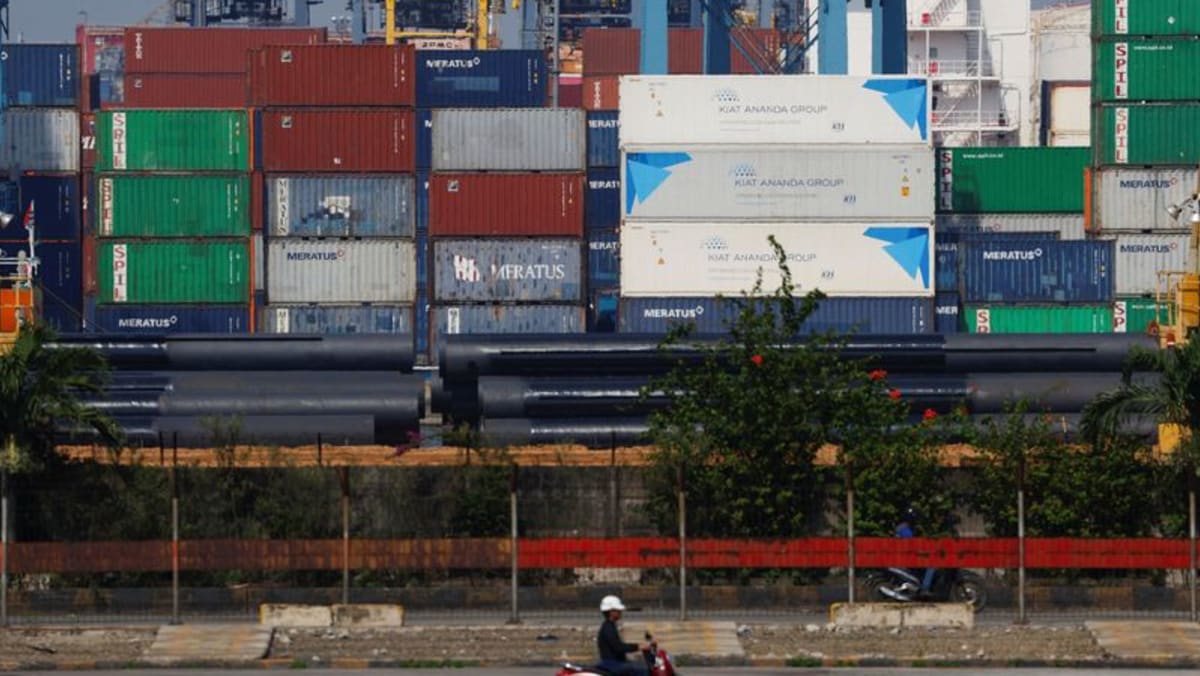

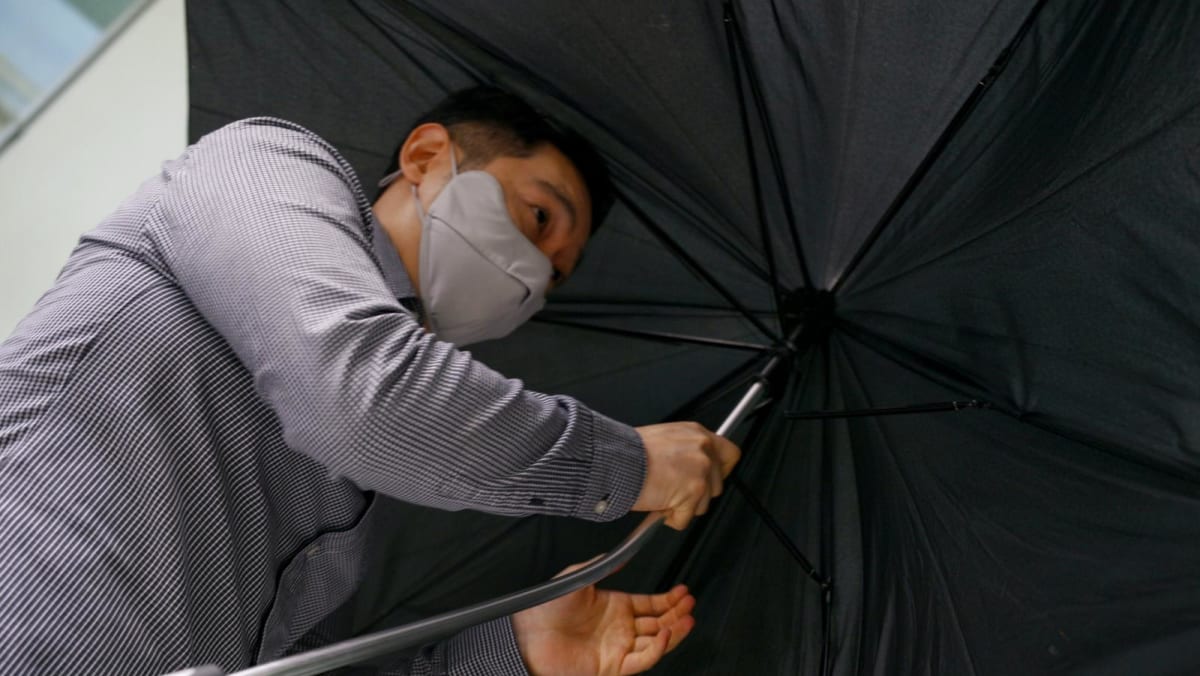

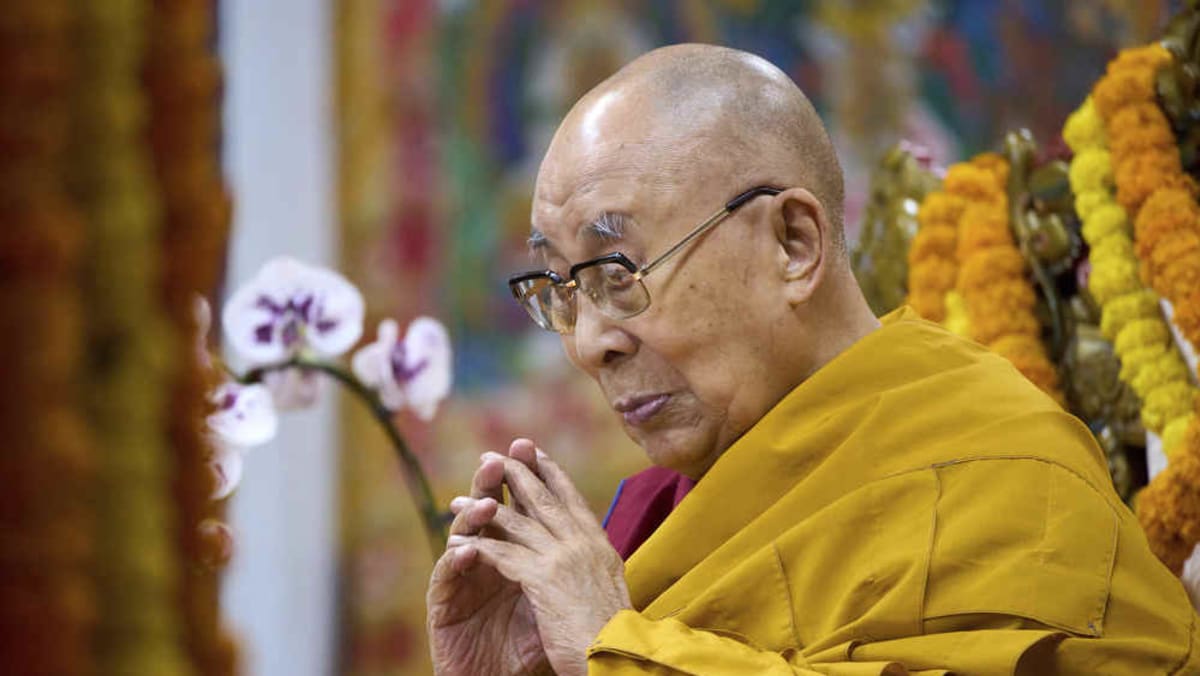



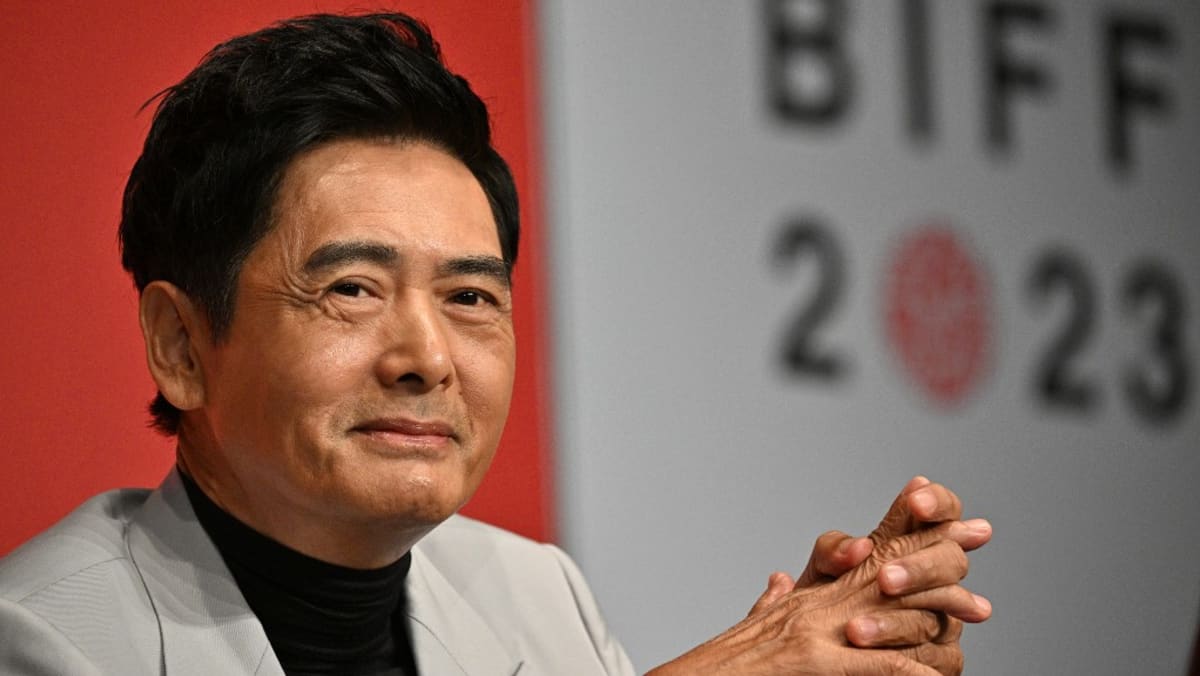


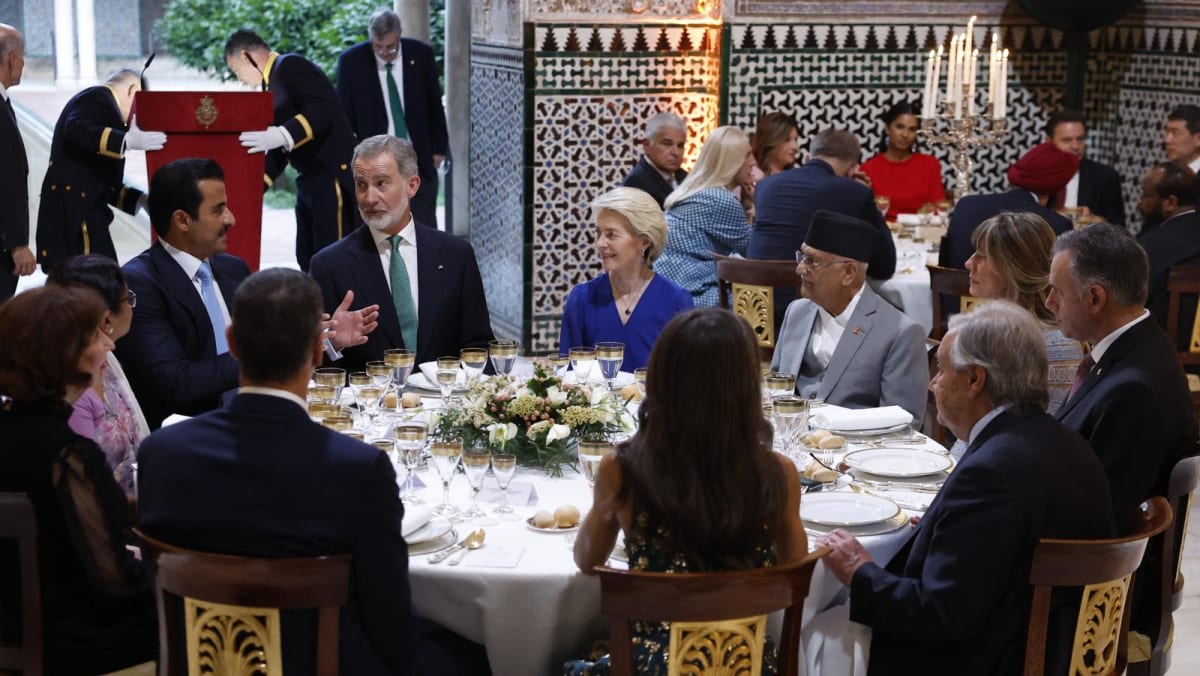
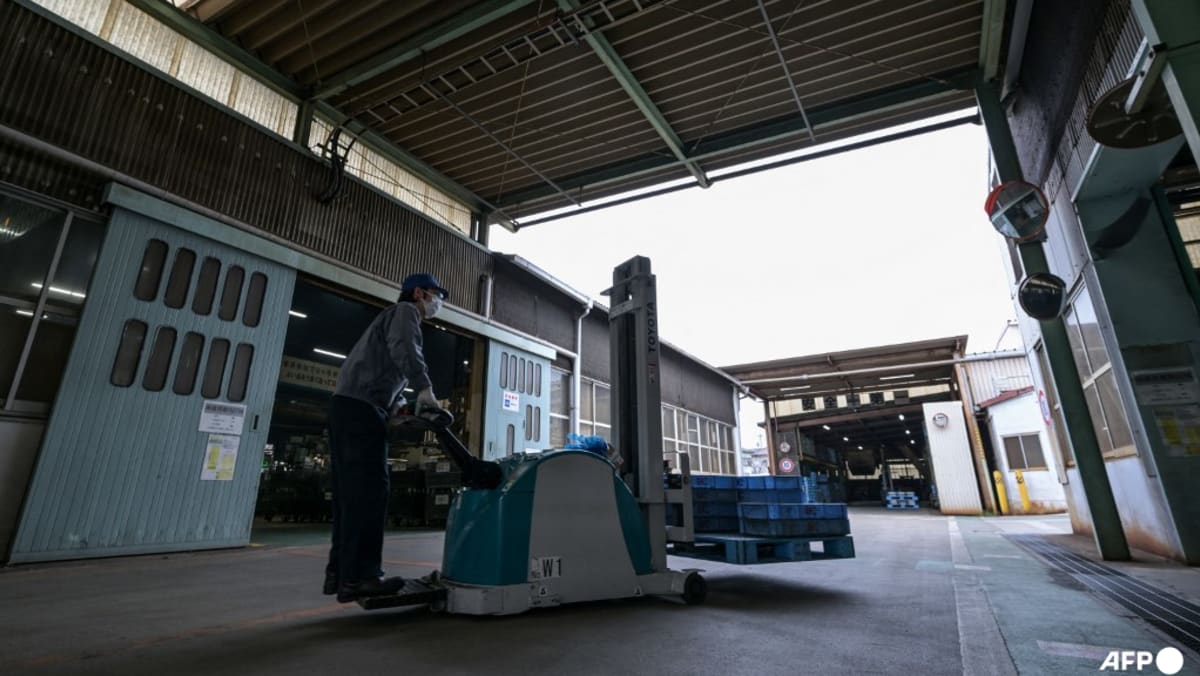
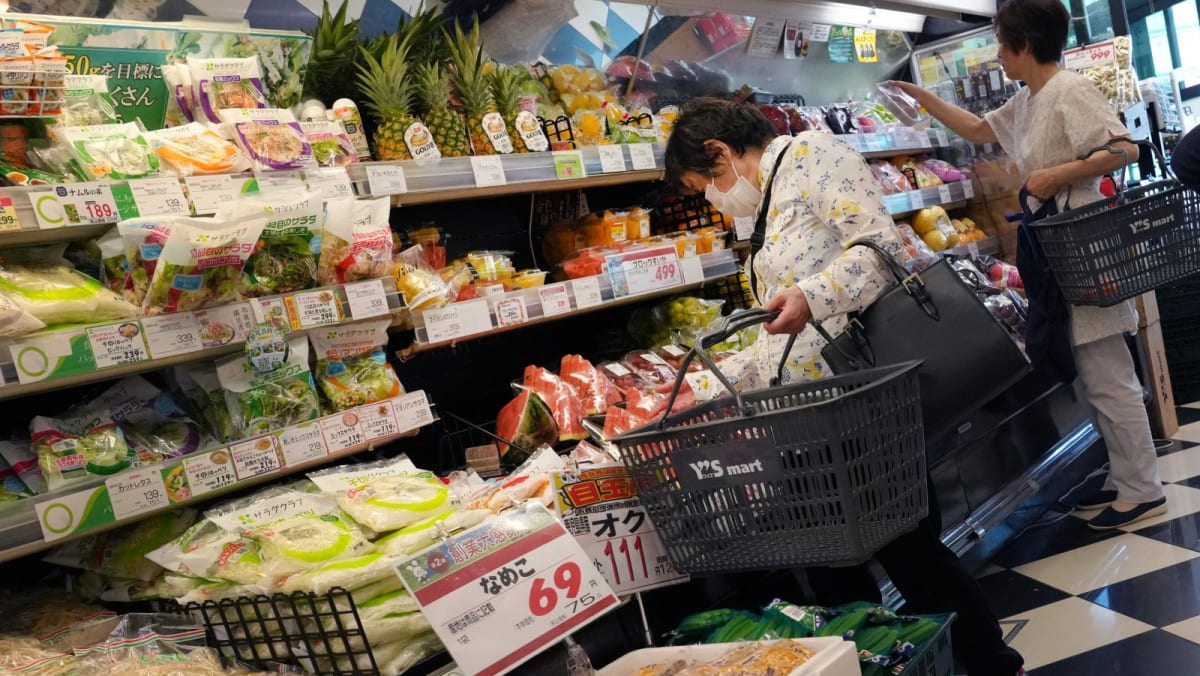
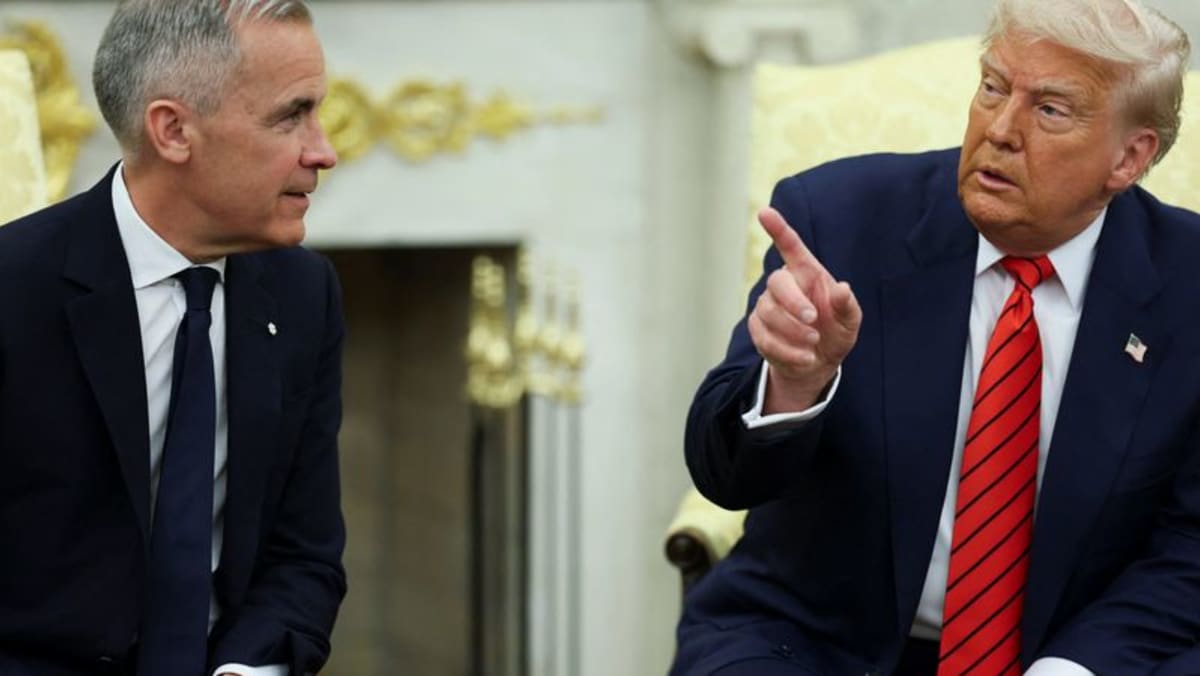

































.png?itok=erLSagvf)
